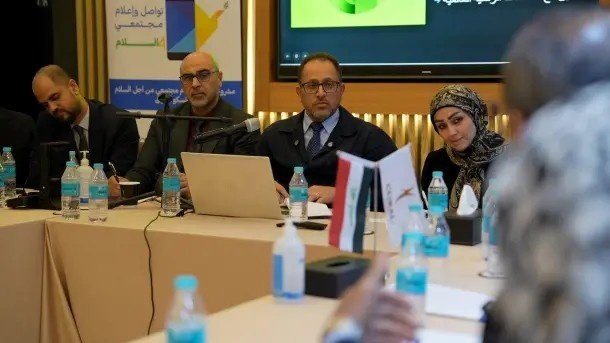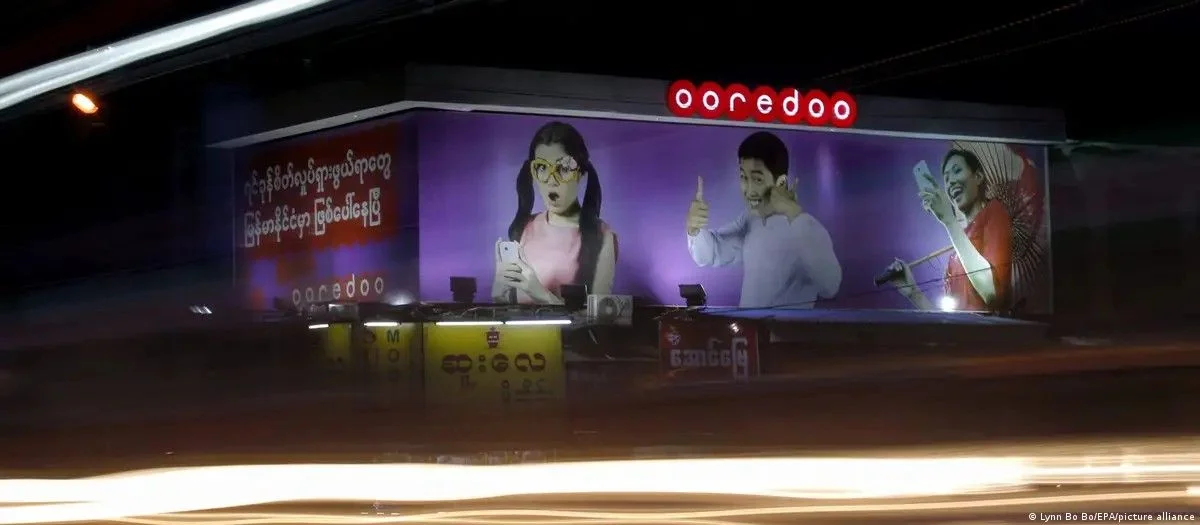UNESCO brought together over 100 representatives from civil society, digital content creators, technology experts, and human rights advocates to address the spread and impact of harmful online content in Iraq. The two workshops held in March were preparatory activities for the official launch of the “Social Media 4 Peace” project, a collaboration between UNESCO and the European Union Foreign Policy Instrument (FPI).
The project aims to establish a multistakeholder cooperation mechanism at the national level, pooling local expertise to create human rights-based governance systems for managing harmful content, such as hate speech and disinformation, on digital platforms. The workshops focused on identifying pathways for long-term cooperation and strengthening local capacity for content moderation, with a particular emphasis on training digital content creators and influencers in recognizing and addressing hate speech.
The discussions also highlighted the importance of transparent and inclusive processes to ensure balanced representation within the project. The Human Rights Commission in Iraq has fully supported the initiative, seeing it as an essential component in promoting peace narratives and combating online challenges in the country.
As the project moves forward, UNESCO plans to conduct national-level research to map out the root causes, scale, and impact of harmful online content in Iraq. This research will assess the effectiveness of current tools, including legal, regulatory, and tech-based solutions, to inform future actions and policies. “Social Media 4 Peace” has already piloted in Kenya, Indonesia, Colombia, and Bosnia and Herzegovina and will now expand to Iraq, Kyrgyzstan, and South Africa in 2025.















